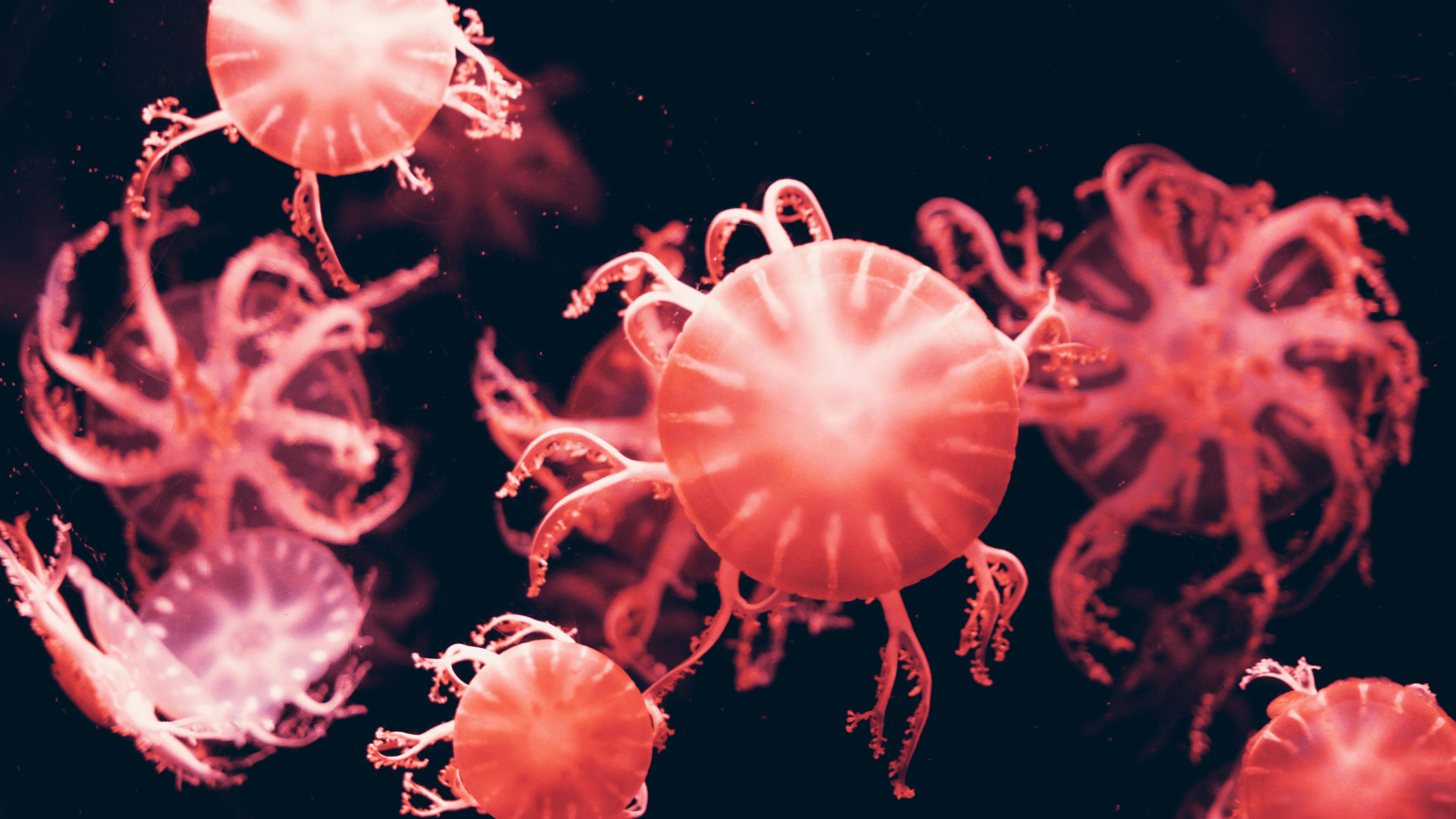Dostoevsky is a Russian writer known for his penetrating knowledge of the character and for embracing the philosophy of existentialism. His famous books are The Brothers Karamazov: Crime and Punishment and the Idiot.
In the idiot he portrays characters with ironic stoicism. There is a rich pageantry of literary thought. The idiot tries to bring out the fetish of cathartic psychology. The novel portrays the life of the bourgeoisie. Class consciousness is an epic of psychological narcissism. Life for Dostoevsky is an evanescent, fleeting and ephemeral dream. The Idiot novel is intense, literary and philosophical.
The protagonist of the novel Idiot is Prince Myshkin. He’s been going through bouts of mental insanity. He was in Switzerland and has come to Russia. He maintains a relationship with the daughters of the Evanich family. Myshkin’s characterization is one of extreme baths. He behaves in a ridiculous and clownish way.
Through the character of Prince Myshkin, Dostoevsky wants to bring forth a Christian allusion to that of the madman Gadarene. Dostoevsky finds himself embroiled in a conflict between Christian philosophy and secularism. The idiot in the novel uses many allusions. The philosophical texture of the novel hints at traces of existentialism. Myshkin has a kind heart and is devoted and loyal. There are no traces of narcissism in Myshkin’s character.
Myshkin suffers from an oedipal trauma. Dostoevsky also uses Nietzsche’s philosophy of tragedy, which is the harmony created by the Dionysian and the Apollonian. The Dionysian elements of rhythm and beat and the Apollonian elements of melody are a recurring leitmotif in his novel. The idiot novice is marked by the poignant Christian philosophy of suffering. Myshkin is a wounded soul.
The literary quality of Dostoevsky’s idiot is a rich tapestry of philosophical thoughts. We are all Myshkin with wounded existential anguish. There is an aura of mystery in the Idiot novel. The novel also includes Christian mysticism. The idiot is similar to Cervantes’s Don Quixote. The metaphors used in the novel are unique and evoke the pathos of sentiment. There are many passages in the novel that are allegorical. The literary depth of the novel is stupendous. Philosophy has passed through the novel. Is the novel a portrait of Dostoevsky’s own battered psyche? There are moments when Dostoevsky went insane.
I would rate the novel as a masterpiece that deserves high literary credit. The novel questions the values, purpose and meaning of life. The novel reveals the contemporary existential dilemma of anguish faced by individuals in society. The novel is like Camus’s myth of Sisyphus. Sisyphus is condemned by the gods to roll a rock uphill only to his dismay that it rolls down. The novel portrays the endless monotony and agony of life. The novel is set in the collapse of the Russian aristocracy. Dostoevsky’s dominance and eloquence require special credit. The novel has the structure of dialogue and adopts intertextual devices. Dostoevsky is to be commended for his insightful psychology. The novel deserves to be praised for its eloquence.

